In theory, the web knows no borders. This means that, inevitably, some visitors will speak a language that is different from your website. Depending on the demand, it may make sense to provide your content in multiple languages.
You may even think of having a multilingual site as an extension of accessibility.
There are several options for making your site available in multiple languages. For example, there are some WordPress plugins that will automatically translate content for you. If you prefer to do the job manually, other plugins will make that task easier as well.
- Coming Soon WordPress Plugins
- Comment Management WordPress Plugins
- Content Creation WordPress Plugins
- Google Map WordPress Plugins
- GDPR Compliance WordPress Plugins
- Legal Compliance WordPress Plugins
- Media Library WordPress Plugins
- Optimize & Speed WordPress Plugins
- Related Post WordPress Plugins
- Security WordPress Plugins
- SEO WordPress Plugins
- Syntax Highlighter WordPress Plugins
- Social Media Integration WordPress Plugins
- Website Accessibility WordPress Plugins
- Website Backup WordPress Plugins
- Widget WordPress Plugins
MultilingualPress
Based on WordPress multisite, MultilingualPress is a commercial plugin that is unique when it comes to translation. For each available language, a new network site is created.
This allows for better performance and scalability. And, since it’s a multisite install, each site could theoretically have a different design and plugins.
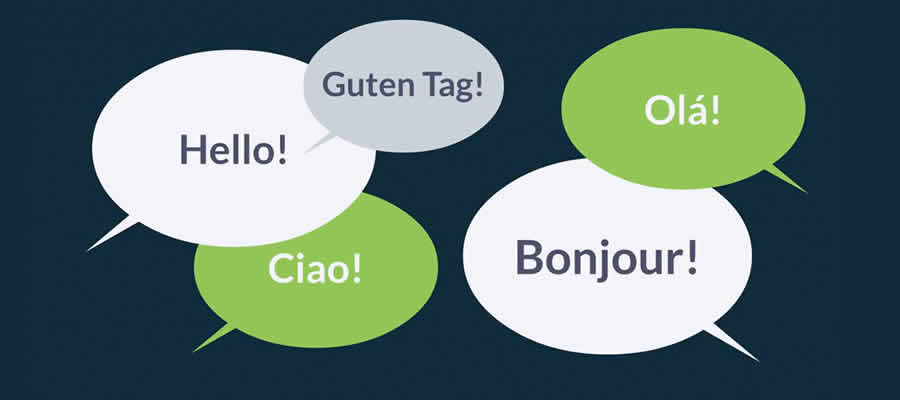
Google Website Translator
Google is the ruler of all things data, and that includes language translation. Google Website Translator lets you harness this power via a simple Widget or Shortcode.
Select your preferred languages, choose a style and then implement the translator into your site. Don’t want a particular item to be translated? The plugin lets you define items that should be left as-is.
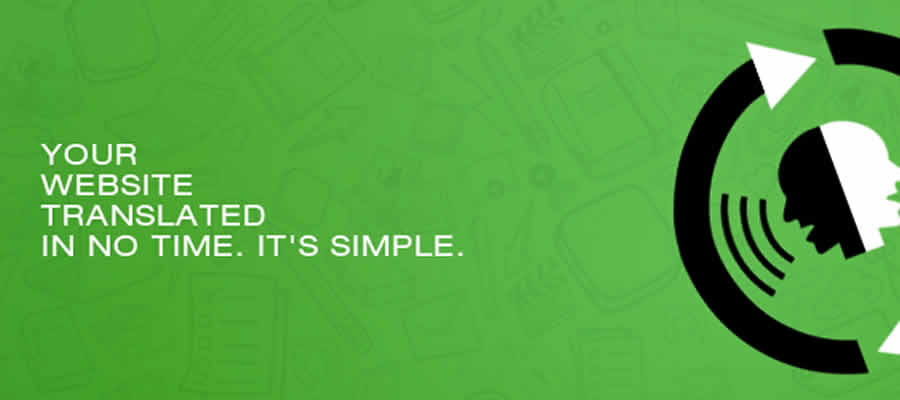
Polylang
Polylang takes a different approach to translating a website. The plugin enables you to optionally define which languages a particular piece of content is available in.
For example, you can choose to translate just a category, single page, or post. It also lets you translate specific theme/plugin strings and media upload data.
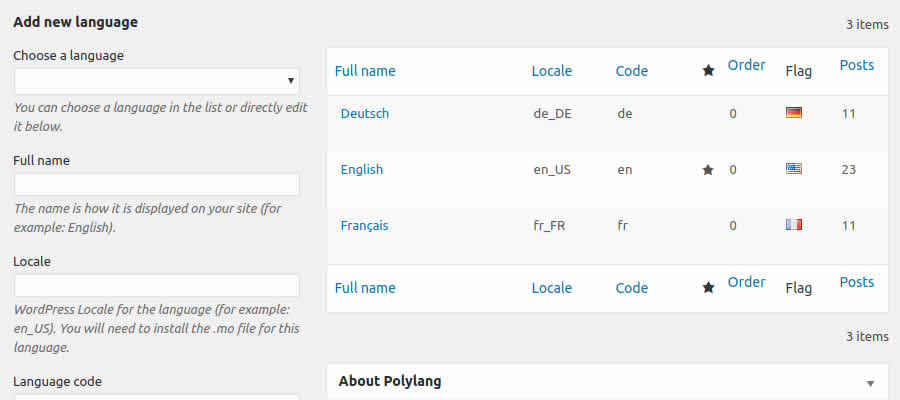
WPML
Perhaps the best-known translation plugin, WPML, offers several powerful features. It comes packed with over 40 languages and is compatible with several popular plugins. You can designate specific users as “Translators,” to whom you can assign translation-based tasks.
There’s also a handy string translation panel that converts text coming from themes and plugins. WPML is a commercial solution for small blogs all the way up to larger corporate sites.
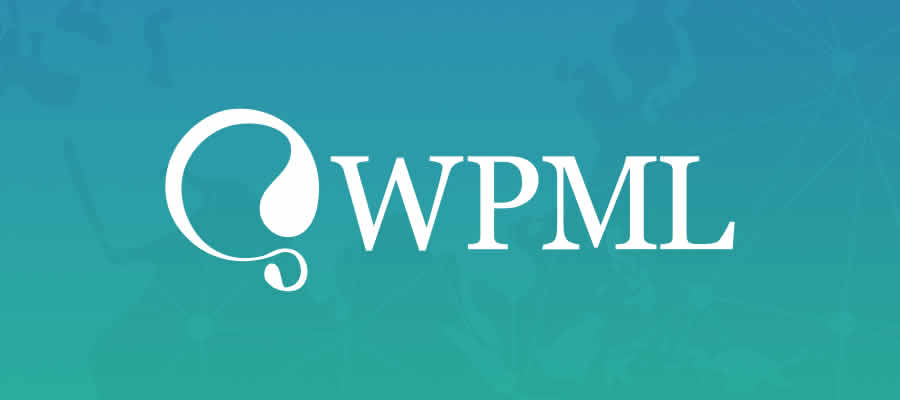
Weglot Translate
Weglot Translate will automatically translate your content into 60+ languages. Just install the plugin and grab an API key (there is a free version you can try).
From there, choose the languages you want to use, add their widget, and you’re all set. Translated content has its own unique URL, which allows for better SEO.
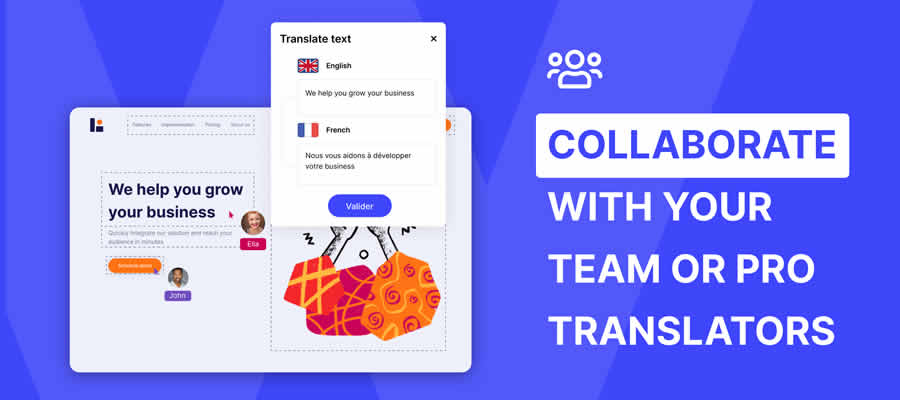
TranslatePress
TranslatePress offers several features for translating your site’s content. First, you can choose to translate items manually or automatically (using Google’s API). You can also view real-time results by editing translations on the front end. And, a “language switcher” can be placed anywhere you like via a Shortcode.
The plugin includes WooCommerce support to internationalize your online store.
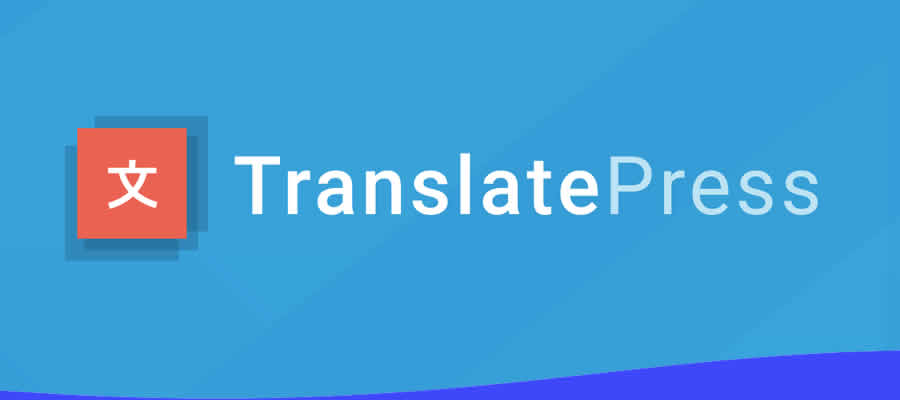
Say What?
Not exactly a traditional translation plugin, Say What? enables the editing of text strings from themes and plugins. Just enter the text string you want to translate, then add the changes you want to make.
This could be used to translate specific items into another language or tweak text to better fit your needs.
My WP Translate
My WP Translate provides a way to easily translate plugin and theme strings directly from the WordPress dashboard. Add a plugin or theme from the settings screen and immediately begin making changes.
An import/export feature is also included, allowing for easy transfer between multiple websites.
The Value of a Multilingual Site
As users, visiting a website written in a language we don’t understand can be frustrating. As web designers, it’s nice to know that there are some simple ways we can solve this issue.
With just a little effort, we can make our sites more accessible to those who speak other languages. This not only creates goodwill, but is also good for business.
The post 8 WordPress Plugins for Translating Your WordPress Website appeared first on Speckyboy Design Magazine.

0 Commentaires